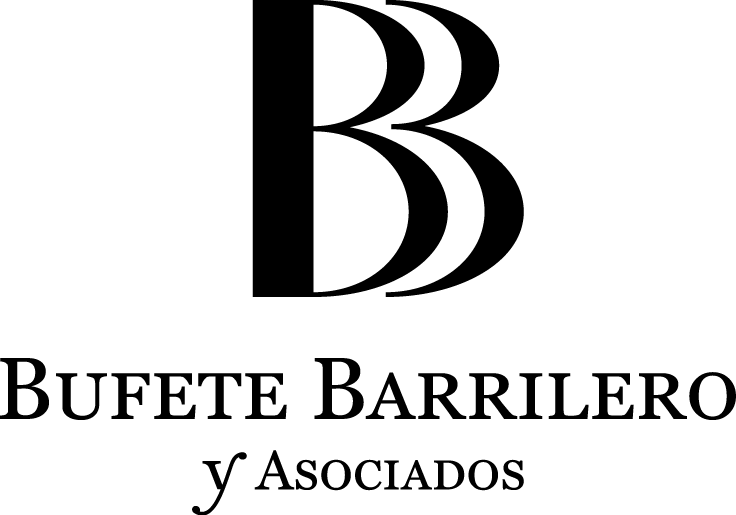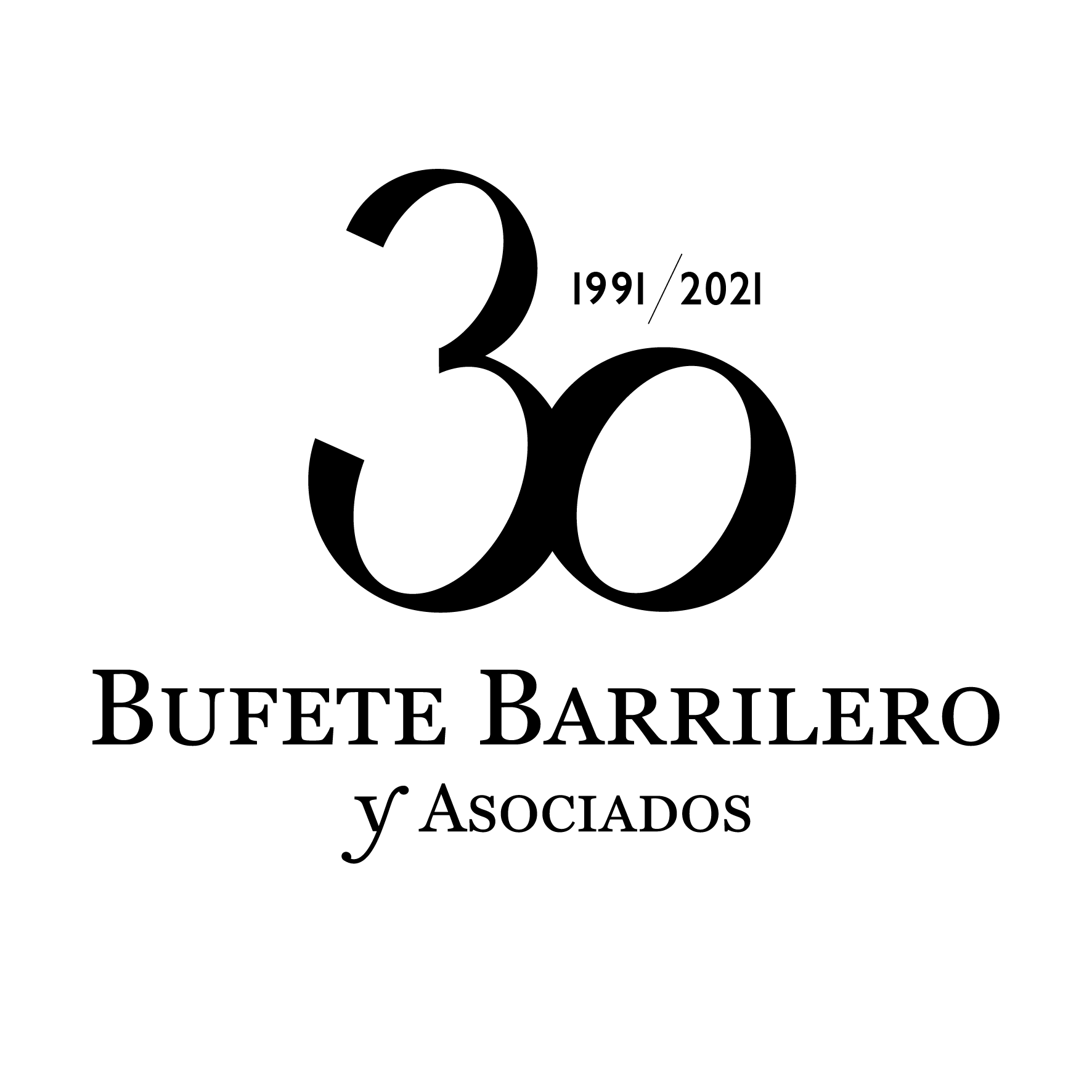PUBLIC LAW
As of April 10, 2025, the controversial waste collection tax is now a reality. All municipalities with more than 5,000 inhabitants are required to implement a levy aimed at financing the collection, transportation, and treatment of urban solid waste. This measure, which falls within the framework of the transposition of a 2018 European Directive, seeks to meet ambitious recycling and reuse targets, aiming for 55% by 2025 and 65% by 2035. However, the lack of uniformity in its implementation is sparking controversy among various city councils.
Controversy Over Its Implementation
The new law, originating from Law 7/2022 on waste and contaminated soils for a circular economy, has been described by Luis Martínez-Sicluna, Secretary General of the Spanish Federation of Municipalities and Provinces (FEMP), as a “flawed regulation.” According to him, the law creates disparities among municipalities, as each one can decide the criteria for applying the tax. This has led to significant differences in fees. In some cases, the tax can range from €30 to €120 per year, with an estimated average of around €80 per household.
How Is the Tax Calculated?
The law does not clearly establish how the amount should be calculated, so each municipality is free to set it according to its own rules. While some municipalities opt for a fixed fee, most choose variable systems based on factors such as the property’s cadastral value, the number of registered residents, or water consumption. Additionally, the possibility exists for differentiated rates for vulnerable groups, taking into account factors like family income, employment status, or disability.
The Question of Owner vs. Tenant
Another contentious issue is who should bear the cost of the tax: the property owner or the tenant? The regulation states that the liable party is the occupant of the property, that is, the tenant, since they directly benefit from the waste collection service. According to the Urban Lease Law, in order for a cost to be passed on to the tenant, it must be expressly stipulated in the lease agreement. Therefore, tenants whose contracts were signed before the tax came into effect are not required to pay it.
In lease contracts signed after the tax’s implementation, landlords may include the tax, provided they first consult the local municipality to determine the exact amount. It’s important to note that, since this is the first year, the fee may be provisional and subject to adjustment in the future.
A Future of Uncertainty
The implementation of the waste collection tax is expected to bring changes to Spain’s legal and social landscape. While the principle of “polluter pays” underpins this regulation, its application remains surrounded by uncertainties that affect both citizens and municipalities. Although some municipalities have already adopted similar systems, the challenge now lies in achieving a uniform and fair implementation that meets environmental goals without placing unnecessary financial burdens on citizens.
In short, the waste collection tax is a levy that will shape the future of urban waste management in Spain. However, while its implementation is necessary, it continues to be a source of debate and reflection in the legal and social spheres of the country.


